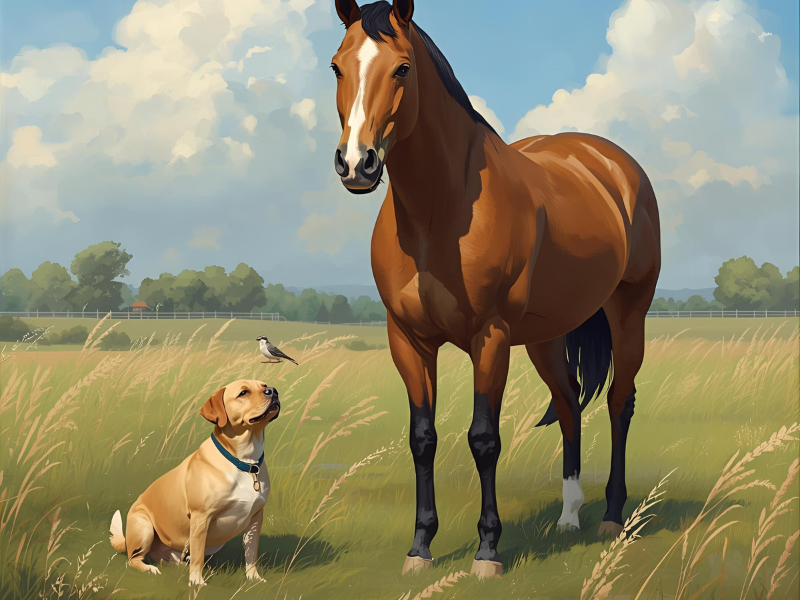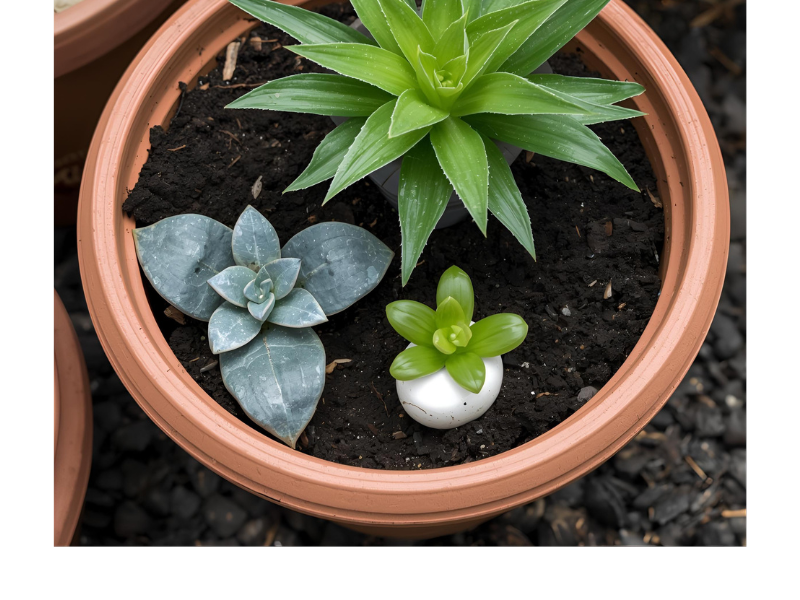At Pets RIP, we’re acutely aware of the challenges and emotional strain that come with caring for an aging and sick pet. As our beloved companions enter their twilight years, they may require more medical attention and dedicated care. Coping with this phase of their lives can be difficult, but there are ways to manage this journey with compassion and grace.
1. Understand Their Needs: As pets grow older, their needs change. They may develop chronic illnesses such as arthritis, heart conditions, or other age-related issues. The first step in caring for your pet is understanding their medical needs. Consult with your veterinarian to get a clear picture of their health status and the best way forward in terms of treatment and care.
2. Create a Comfortable Space: Older pets need a comfortable, easily accessible space. Ensure their bed is supportive and warm, placed away from drafts and noise. If mobility is an issue, consider ramps or steps to help them reach their favourite couch or bed, and keep essentials like food, water, and the litter box within easy reach.
3. Manage Pain and Discomfort: Work with your vet to address any pain or discomfort your pet may be experiencing. There are various pain management options, from traditional medications to alternative treatments like acupuncture or massage therapy, which can improve the quality of life for your elderly pet.
4. Maintain a Healthy Diet: Nutritional needs evolve as pets age. Your veterinarian may recommend a diet formulated for seniors, which can help manage weight and provide the necessary nutrients for their changing bodies. Also, ensure they have access to fresh water at all times to keep them well-hydrated.
5. Adapt Your Routine: Older pets may not have the same energy levels they once did. It’s important to adapt your routine to suit their pace. Shorter, more frequent walks and gentle play can keep them active without overexertion.
6. Cherish the Good Moments: Even as your pet slows down, there are still plenty of good moments to cherish. Spend quality time with your pet, offer gentle strokes, and speak to them in a soothing voice. These moments can be comforting for both you and your pet.
7. Seek Support: Caring for an aging pet can be emotionally taxing. Seek support from friends, family, or pet support groups. Sharing your experiences with others can provide comfort and practical advice to help you through this time.
8. Prepare Emotionally: While it’s challenging to think about, preparing yourself emotionally for your pet’s eventual passing is important. This might involve discussing end-of-life options with your vet or arranging for in-home care to make your pet’s final days as comfortable as possible.
9. Consider Quality of Life: Regularly assess your pet’s quality of life with the help of your vet. A quality-of-life scale can help you make informed decisions about your pet’s care and well-being.
10. Remember Self-Care: Finally, don’t forget to take care of yourself. It’s easy to become so focused on the needs of your pet that you neglect your own health and well-being. Remember that looking after yourself is also an essential part of looking after your pet.
In conclusion, while coping with the illness of an aging pet is never easy, there are ways to make their golden years comfortable and filled with love. At Pets RIP, we understand the depth of your bond, and we’re here to provide support, guidance, and care for both you and your cherished companion during this sensitive time.





